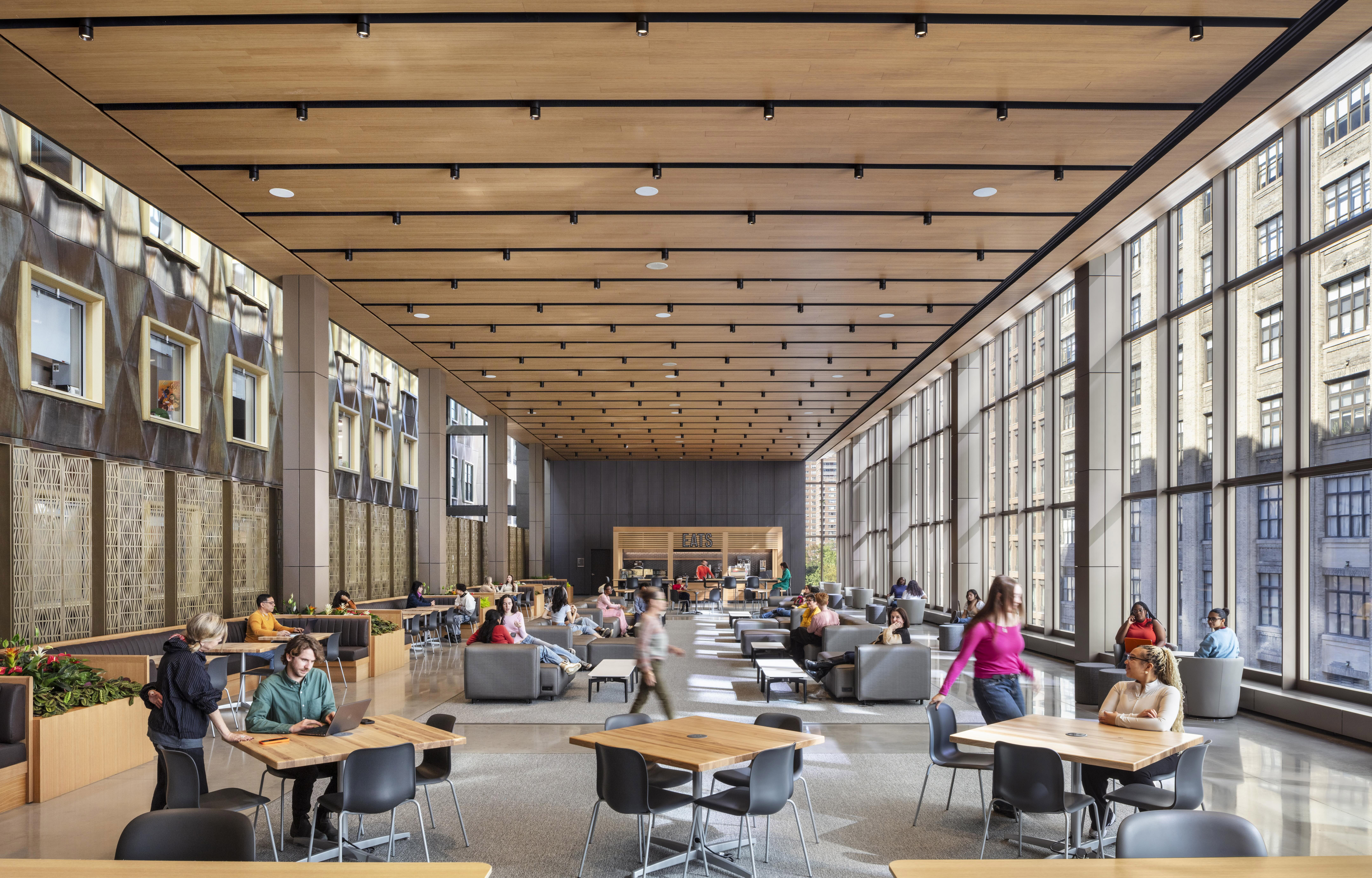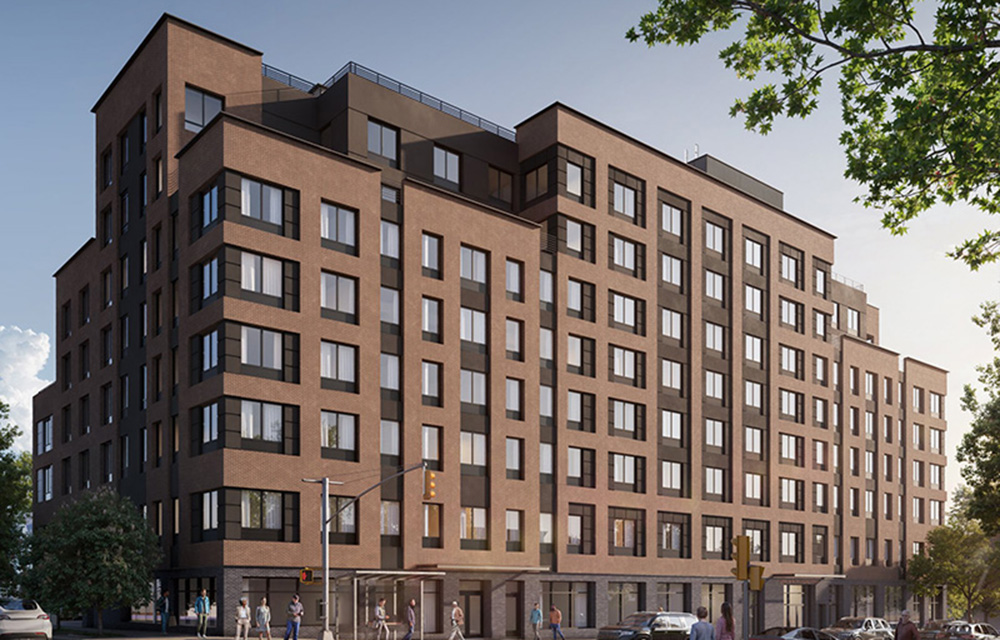Be mindful of expiring time limits for construction defect claims - by Aaron Zimmerman

Prudent hotel and lodging owners understand the importance of financial planning for the regular and ongoing maintenance and repairs necessary to ensure the soundness of their buildings. However, for the owners of newer projects, some necessary repairs and maintenance may go beyond anticipated regular upkeep activities and procedures. Rather, they may result from the existence of construction defects attributable to deviations from sound building practices and can result in excessive maintenance and repair costs, unusable guest rooms, and a suboptimal experience for visitors. Additionally, these construction defects may remain hidden for years after completion of the building.
The builders and contractors hired to facilitate the construction of a project have liability for any defective conditions created under their watch, meaning that owners are typically able to obtain compensation for repairs and lost revenue, but only if their claims are pursued promptly and if related evidence is preserved. If a claim for construction defects is not made in a timely manner, or if defective conditions are not properly detailed and memorialized during related repairs, the chance for a monetary recovery will be forfeited.
The appropriate time to bring a claim for construction defects varies widely across jurisdictions, but typically falls into one of three classifications. The first is called a “statute of repose.” In this context, and again depending upon where the building is located, the claims period for latent (unknown) defects is limited to a specific number of years from the substantial completion of the building. This means that even if an owner has no actual or constructive awareness of defects at their building, once that building reaches a certain age, the owner loses the ability to pursue any and all legal recourse related to construction defects.
Next, the law also provides for “statutes of limitation.” Unlike with statutes of repose, these are prompted by the “discovery” of the applicable defect and serve to “start the clock” on the owner’s claim period. That “clock” can only be halted by way of a lawsuit, statutorily-mandated alternative claim process (in some jurisdictions) or a written agreement to “toll,” or pause, the claims period.
The actual claims periods will depend upon the nature of the defect and legal allegations (installation error vs. failed manufactured product; patent vs. latent defect; negligence vs. breach of contract, etc.) and can vary greatly from state to state. For example, in New York, the applicable claims period, typically speaking, can be anywhere from one (1) to six (6) years, depending upon a variety of factors and circumstances.
Importantly, the date of “discovery” may be uncertain and subject to debate because courts do not require actual awareness of the defect. Rather, if the builder/contractor can show that the building owner should have been aware that an issue existed, the owner may be charged with constructive awareness of the problem, thereby prompting premature commencement of the claims period. While every situation is unique, seemingly innocuous yet incomplete recordkeeping related to routine maintenance and repairs could serve to unknowingly start a statute of limitation.
For example, the existence of records identifying a roof leak, without corresponding records indicating that the leak and related defects were remedied, could serve to severely reduce the building owner’s legal rights. Additionally, the impact of such incomplete documentation is often not revealed until significant investment in legal and consulting services have already taken place, thereby potentially exacerbating the financial damage to the owner. Thus, the importance of careful and comprehensive record keeping cannot be understated.
Finally, development/construction contracts, which are often authored by the builders of hotels and lodgings, may contain language that serves to minimize the otherwise applicable legal rights (sometimes significantly) of owners. Courts have regularly found that sophisticated parties (think builders, developers and building owners) are free to negotiate with one another, even where the results of those negotiations, and the contracts distilled therefrom, drastically reduce the parties’ respective rights. As such, the legal stakes are significant, even before construction begins.
Construction defects present potential impediments to owners of all buildings and real estate improvements. However, they are especially vexing in the hospitality context as the interruption to operations associated with repairs often lead to an unsatisfactory experience for guests whose stay is inconvenienced by remediation activities. Additionally, specialized (see more expensive) contractors may need to be retained and specific repair protocols (see slower process) followed in order to preserve basic aspects of guest hospitality. In turn, this can lead to a substantial loss of revenue and a blemish on the reputation of an otherwise beautiful and efficiently-run property.
Fixing construction defects at hotels and lodgings is often an intrinsically difficult process. However, it may ultimately be essential to ensure the financial feasibility of the project. As such, it is critical that any construction defects be identified as soon as possible and that a claim be pursued in a timely manner, so that those liable for the defects (and their insurance carriers) will be held responsible for their subpar building practices and lack of performance. This is a complex field and owners should work with legal counsel and design professionals specializing in construction defect matters to protect their investment and to ensure that unknown construction defects do not spoil an otherwise flourishing hospitality venture.
Aaron Zimmerman, Esq. is a partner in the Construction Defect Department at Berding | Weil, LLP, Walnut Creek, CA
Troutbrook expands with boutique condo project and Marriott Fairfield Inn & Suites renovation








.gif)
.jpg)

.gif)